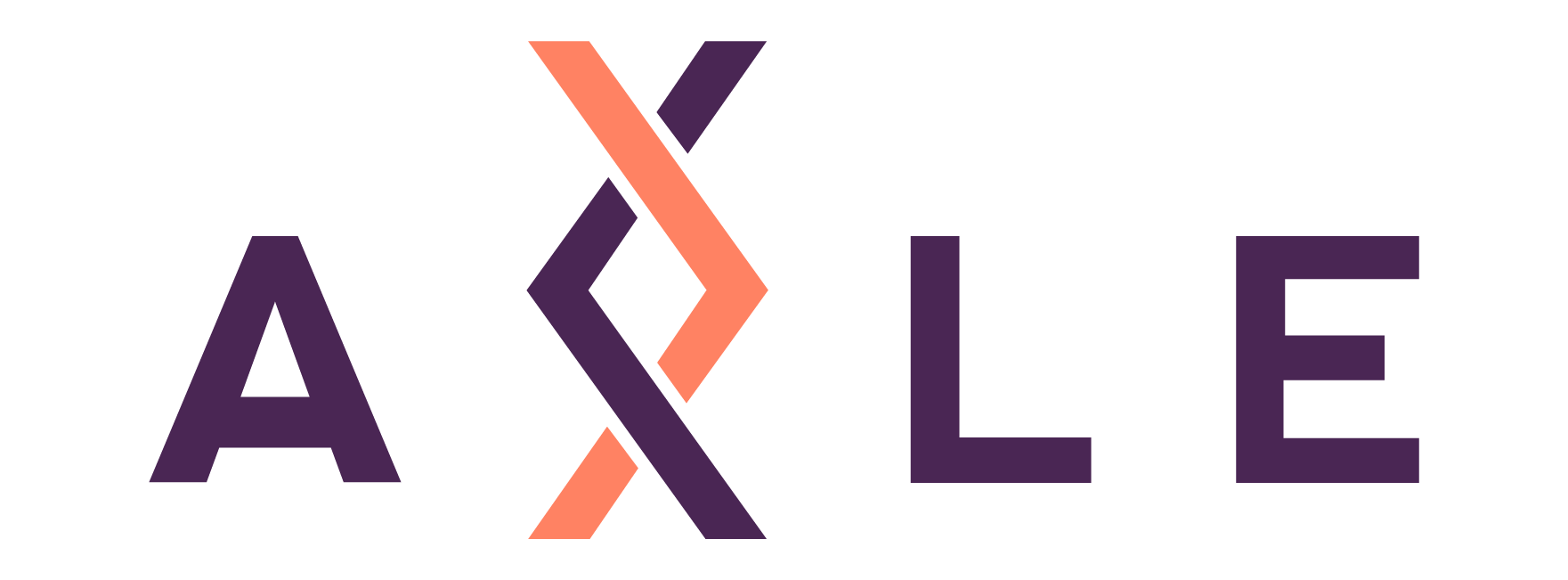

In the complex and dynamic world of healthcare research funding, the National Institutes of Health (NIH) faces the critical challenge of allocating resources effectively among its diverse institutes. With a mission to advance global health through research, the NIH sought a sophisticated approach to evaluate and optimize funding distribution. This case study illustrates how Axle, leveraging cutting-edge machine learning technologies and deep domain expertise, transformed NIH’s funding strategy, ensuring impactful and equitable support for health research initiatives.
Precision Data Engineering for Strategic Insights
Axle embarked on this ambitious project by addressing the foundational challenge of data integrity and usability. Our team developed an advanced automated data quality pipeline, incorporating rigorous data validation and benchmarking processes. This infrastructure enabled the precise cleaning of extensive NIH datasets, which included intricate variables such as grants, contracts, and staffing levels, despite their manual entry origins and high dimensionality.
Our approach included a thorough competitor analysis, updates, and insights into research portfolios, and a nuanced analysis of workload and team dynamics across different institutes. By employing predictive analytics, we could cluster NIH institutes into categories of high and low performers based on their output and efficiency, thereby identifying opportunities for strategic funding allocation.
Transformative Impact Through Predictive Analytics
The application of machine learning not only streamlined data processing but also revolutionized NIH’s funding assessment methodology. Our predictive models facilitated a nuanced understanding of institute performances, enabling data-driven decisions that significantly deviated from previous, more arbitrary approaches. This shift led to a more strategic allocation of funds, directly impacting the efficiency and effectiveness of health research initiatives.
The result was a marked departure from the anticipated 20% budget cuts, instead achieving a 3% increase in administrative funding. This achievement underscored the effectiveness of Axle’s solutions and established a new benchmark for funding decision processes within NIH and potentially across other federal agencies.
Leading the Way in Data-Driven Health Research Funding
In conclusion, Axle’s partnership with NIH exemplifies our commitment to leveraging advanced technology and expertise to solve complex challenges. By transforming NIH’s approach to funding allocation, we have not only ensured more effective support for critical health research but also demonstrated our capability to deliver significant, measurable impact.
Our work with NIH is a testament to Axle’s role as a leader in the intersection of machine learning and strategic assessments, ready to empower organizations to achieve their mission-critical objectives with precision and foresight. Choose Axle for a partnership that drives data-driven success and innovation in your strategic endeavors.
